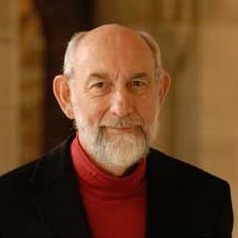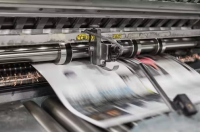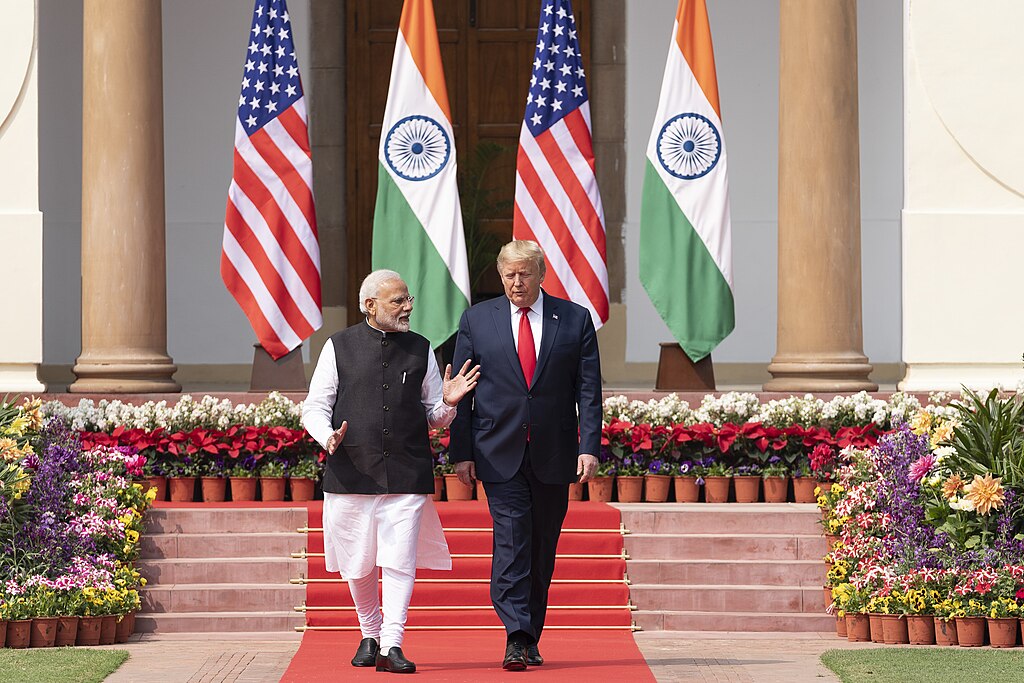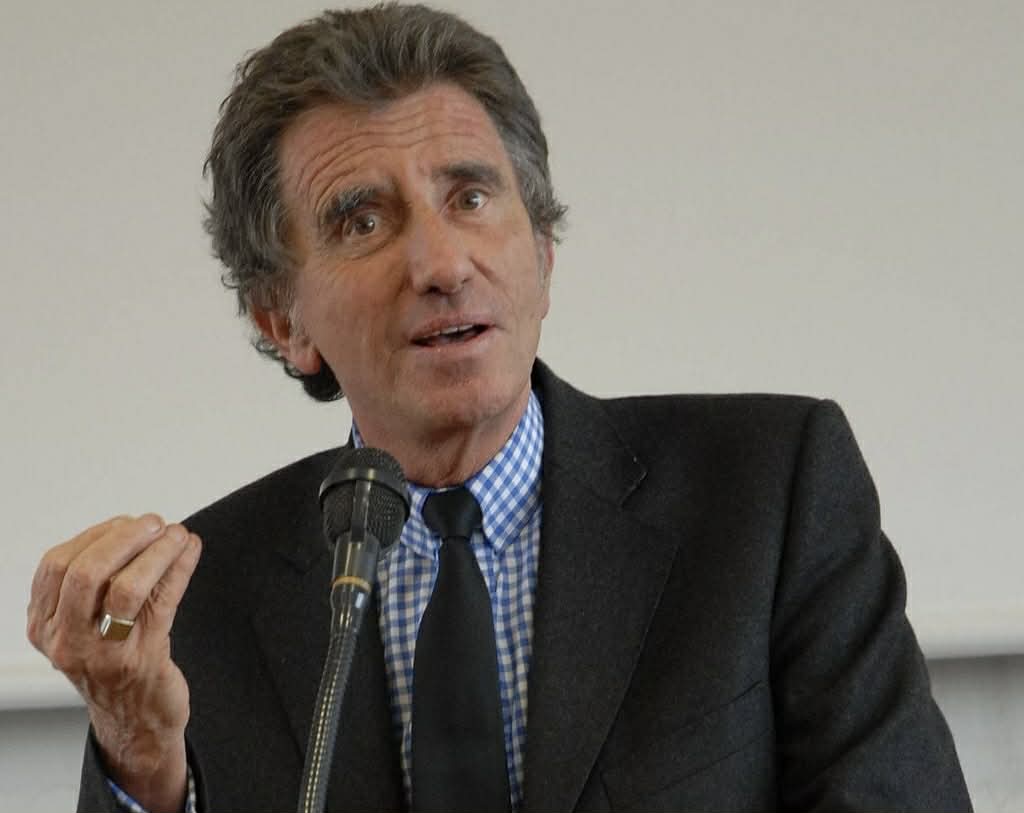
Denis Muller
Senior Research Fellow in the Centre for Advancing Journalism, University of Melbourne
Denis Muller was born in New Zealand in 1948 and emigrated to Australia in 1969. He was educated at Rosmini College, Auckland, and at the University of Melbourne.
After three years on suburban newspapers in Auckland, he joined The Sydney Morning Herald as a sub-editor in 1969. In 1978 he joined The Times, London, also as a sub-editor, before returning to take up the position of Chief Sub-editor of the Herald in 1980.
He subsequently held the positions of Night Editor, News Editor and Assistant Editor (Investigations) at that newspaper, until joining The Age, Melbourne, as Associate Editor in 1986.
At both newspapers, his responsibilities including representing the papers as an advocate before the Australian Press Council.
From 1984 until he left newspapers in 1993, he worked closely with Irving Saulwick, one of Australia's leading public opinion pollsters, in the management and writing of the Saulwick Poll which was published in The Age as AgePoll and in the Herald as HeraldSurvey.
In 1990 he was accepted as a mature-age student into the Public Policy program at the University of Melbourne. He completed a Postgraduate Diploma in 1992 and a Master's degree in 1994.
In 1993 he left The Age to take up a position as Group Manager, Communications, at the Board of Studies, Victoria.
In 1995 he established the research consultancy Denis Muller & Associates, and was appointed a Senior Research Fellow in the Centre for Public Policy at the University of Melbourne.
In 2006 he completed a doctoral thesis on media ethics and accountability, and was appointed a Visiting Fellow at the Centre for Public Policy, where he has taught in the Public Policy program since 1997.
He has also taught research methodology at RMIT University, and teaches defamation law to practising journalists through the Communication Law Centre.
Nov 20, 2024 23:11 pm UTC| Insights & Views Politics
For decades it seemed Alan Jones was unassailable. A finding against him of professional misconduct by the Australian Broadcasting Authority (2000); a finding that he incited hatred, serious contempt and severe ridicule...

Nov 28, 2023 23:15 pm UTC| Insights & Views
The journalists who signed an open letter to Australian media organisations last week calling for ethical reporting on the war in Gaza have succeeded in intensifying the dispute over whether the coverage has been fair. At...
ABC chief is right: impartiality is paramount when reporting the Israel-Gaza war
Nov 21, 2023 04:05 am UTC| Insights & Views
On November 17, the ABCs editor-in-chief and managing director, David Anderson, was interviewed on Radio 774, the ABCs local station in Melbourne, about criticisms of the national broadcasters coverage of the Israel-Gaza...
How did the media perform on the Voice referendum? Let's talk about truth-telling and impartiality
Oct 16, 2023 09:10 am UTC| Politics
The rules by which politics are conducted have changed dramatically, especially since the rise of Trumpism. Yet the professional mass media continue to cover politics in ways that are no longer fit for purpose. This has...

Jun 19, 2023 06:20 am UTC| Insights & Views Business
Carl Sagan said that in order to understand the present, its necessary to know the past. Nowhere does this apply with greater force than to the Australian media and its place in the nations power structure. Media...
May 02, 2023 15:21 pm UTC| Politics
For much of the past two decades, polarisation and hyper-partisanship have weakened Western democracies, most notably in the United States and Britain. Australia has not escaped, although the consequences here have been...

News Corp's job cuts cast a shadow over the future of its newspapers
Feb 14, 2023 13:14 pm UTC| Business
News Corporation is cutting its staff by 5% globally, including in Australia, after its news media division recorded a second-quarter earnings decline of 47%. The decision inevitably reopens questions about the future of...
- Market Data








































